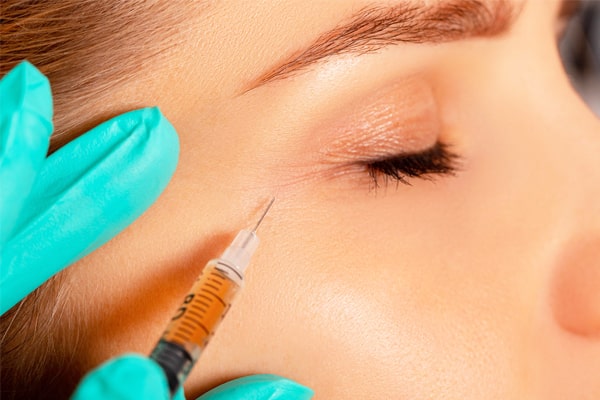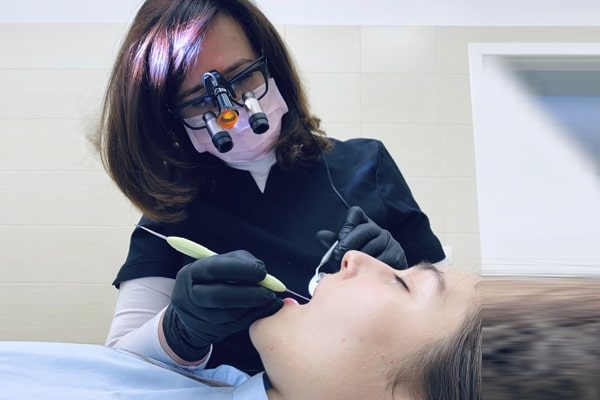Does Working Out Affect Testosterone Levels?
Hey gym bros, thanks for stopping by. Today we’re going to look at the question of does working out affect testosterone levels?
Ever noticed how some guys out there are big, strong, athletic, muscular, confident, and ripped, whereas others are the exact polar opposite. While we can’t speak for every guy going, we’d put good money on the fact that the big, strong, jacked dudes are the guys with high levels of testosterone and vice versa.
Some guys are so manly that you can seemingly smell the testosterone leaking from their bodies. Just being around them makes your voice deeper, causes you to sprout a beard, and can make women pregnant with just a glance.
Okay, we’re exaggerating but you get what we’re trying to say.
For men, having high testosterone levels is extremely beneficial and not purely for aesthetic reasons either.
Testosterone is important for a number of natural physiological processes in the body relating to wellness.
There are many myths associated with testosterone levels in the body and quite a few truths.
Today we’re going to address the question of does working out affect testosterone levels, and if so, how?
Grab a protein bar, get the BCAAs on the ice, and let’s begin.
What is testosterone?
Testosterone is the hormone that makes men so butch and manly. Testosterone is the hormone responsible for Chuck Norris’ glorious beard, or Arnold Schwarzenegger’s phenomenal genetics for building muscle.
It is the hormone that causes us to become aroused, it is the hormone that promotes the growth and repair of our muscles, and it is the hormone that enables our muscles to contract and generate explosive strength and power.
Despite this, however, women do also have testosterone in their bodies. No, seriously, they do. In men, testosterone is mainly produced within the testes, and in women, it is the ovaries that produce it. It is worth noting, however, that women produce much, much less testosterone than men do. In men, when we hit puberty our testosterone levels shoot up, and then ever-so-slightly they increase more and more with each passing year.
That is until we reach 30. Once we hit 30, the opposite begins to happen and testosterone levels actually start to drop.
Testosterone can play a significant role in so many aspects of health and well-being, including things like muscle mass, bone density, immunity, metabolism, fat loss, energy levels, libido, fertility, athletic ability, strength, and more besides.
The dangers of low testosterone levels
One reason why some people are hesitant when it comes to working out is that they’re worried that exercise will diminish their testosterone levels. After all, we’re looking to answer the question of does working out affect testosterone levels. Before we look at that, however, we’re going to look at some of the main dangers associated with low testosterone levels. These include the following:
- Fat Gain
- Suppressed metabolic function
- Low energy levels
- Depression
- Stress
- Muscle weakness
- Low muscle mass
- Trouble building muscle
- Poor athletic ability
- Loss of body hair
- Lethargy
- Suppressed immunity
- Infertility
- Low libido
- Erectile dysfunction
Does exercise affect testosterone levels?
So, now we know what this hormone is and why it’s so important that we try to keep it as high as possible, we now need to look at the link to exercise. Some say exercise boosts testosterone production. Others say that it slows it down. But what’s the truth? Read on, and all will soon be revealed.
Resistance training and high-intensity training – Have you ever found how after pumping iron in the gym, you feel awesome?
You’ll feel confident, you’ll feel energized, you’ll be focused, and you may even feel turned on and/or slightly aggressive maybe. While endorphins secreted during exercise play an important role in mental health, it is actually the elevated levels of testosterone flowing through your body that are also having an effect.
You see, lifting with weights has been scientifically proven to promote a slight increase in testosterone production and secretion.
Training with weights for anything from 30 minutes to one hour has been found to provide a spike in testosterone levels during and after exercise.
According to on steroids lab site, this boost in the hormone is temporary as it only lasts typically between 15 minutes and 60 minutes after you train. After this, testosterone levels do begin to creep slowly downwards once again, and they do tend to go back to where they were at before you trained.
Evidence has found, however, that over a prolonged period of time, this can result in a very slight increase in baseline testosterone levels.
This is only slight, but there is definite evidence to suggest that baseline T-levels can be slightly elevated by following a regular resistance training program.
HIIT, or High-Intensity Interval Training, has been found to promote similar effects.
Endurance training – So, as a short weight training session can cause testosterone levels to increase, surely a prolonged lifting session in the gym would yield even more testosterone, right? Wrong!
Experts recommend that we keep our workouts relatively short and aim for no longer than one hour. The reason for this is that endurance-based exercises that last a long time can have a catabolic effect on the body and can actually cause your testosterone levels to drop.
That’s right, not only will you not boost them, but you could make them even lower.
The main reason for this is due to the fact that endurance exercise results in the secretion of cortisol, which is a stress hormone. Cortisol suppresses the production of testosterone in the testes so the more cortisol we have in our bodies, the less testosterone we are likely to produce. While marathons and endurance exercises offer plenty of benefits, unfortunately, they aren’t much help if you have low testosterone levels.
Stay in touch for getting information on health, exercise, diet, and other interesting articles.
Recent News
-

Duane Chapman Is Now Engaged To Girlfriend Francie Frane, Had Lost Wife 10 Months Earlier
-

Katherine Schwarzenegger Pregnant With Her First Child With Husband Chris Pratt
-

Chris Cuomo's Son Mario Tested Postive For Coronavirus
-

Kodak Black And NBA YoungBoy, Dissing One Another Via Social Media
-

Maeve Kennedy McKean, Robert F. Kennedy's Granddaughter, is Missing Along With Her Son
Entertainment
-

The Evolution of Entertainment: Online Casting Calls Redefining the Industry
-

Mamoudou Athie's Must-Watch Performances in the Movies and TV Series
-

Try These Unique Forms of Entertainment When You've Exhausted All Options
-

7 Best Movies on Netflix This Week
-

Campus Grooves: Exploring Music Festivals in American Colleges






